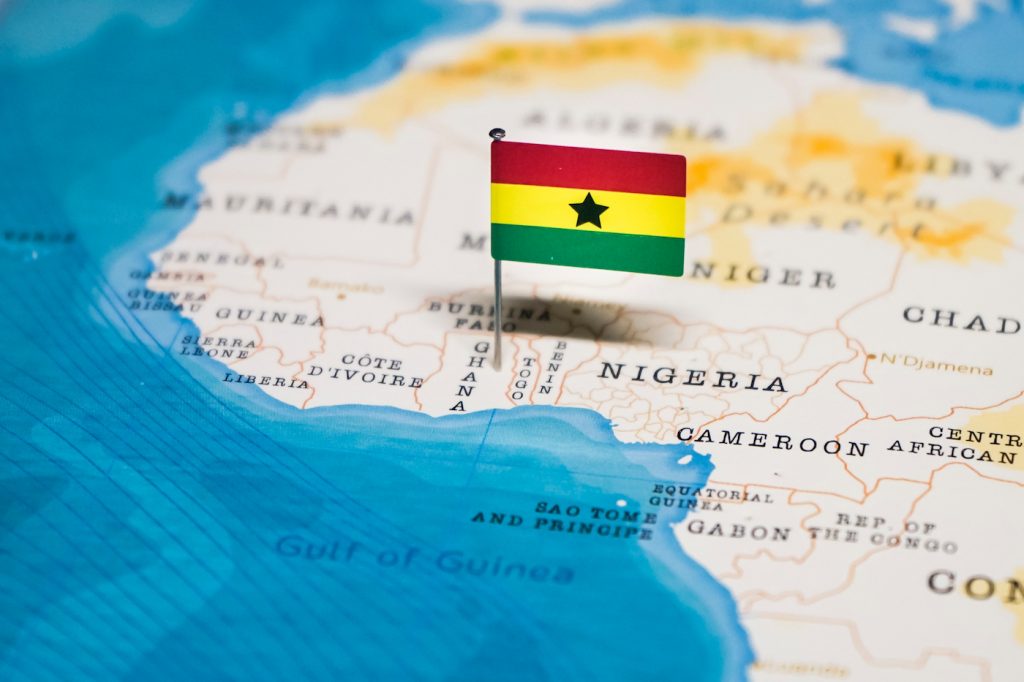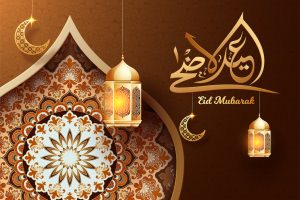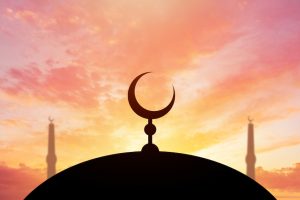
© Shutterstock
Introduction
Right along the core of West Africa lies a nation where diversity is not just embraced but celebrated – a nation where the spiritual tapestry weaves together threads of different faiths, creating a beautiful pattern that drapes the land. Ghana, with its rich history and vibrant cultural heritage, stands as a shining example of unity in diversity, particularly in its religious landscape.
The Collage of Faiths
Ghana’s religious landscape is a lively mix, blending Islam, Christianity, African traditional Religion, Buddhism, Hinduism, Judaism among others; mosques and churches stand side by side, symbolising a unity that transcends religious boundaries. But what sets Ghana apart is not just coexistence, it is the genuine embrace of diversity.
In Ghana, people from different faiths build connections that emphasise shared values. This unity extends beyond religious differences, creating a sense of community where diversity is not a challenge but a source of strength. Religious unity fosters resilience and a deeper understanding among people of different beliefs.
Religious Festivals
Ghana’s calendar is dotted with a tapestry of religious festivals, each a joyous celebration of faith and culture. Religious festivals like the exuberant Islamic Eid-ul-Fitr, colourful traditional Homowo* and joyful Christmas become more than mere celebrations – they are expressions of unity in diversity. The joyous occasions bring people together, who revel in the beauty of their religious diversity. The ability of diverse traditions to coalesce into a shared celebration demonstrates that differences can be a source of collective joy.
(*planting festival celebrated by the Ga people of Ghana)
Religious Tolerance As National Virtue
Ghana’s commitment to religious tolerance is embedded in its constitution. Freedom of worship is not just a legal provision, it is a cultural ethos that permeates society. This commitment has played a crucial role in maintaining peace and harmony, creating an environment where individuals are free to express their beliefs without fear of discrimination.
Challenges and Resilience
While Ghana’s religious landscape is characterised by unity, it has not been immune to challenges. Historical tensions and occasional misunderstandings have tested the nation’s unity, but the resilience of its people and concerted efforts towards dialogue have paved the way for mutual understanding.
Ghana recognizes the importance of religious education in fostering understanding and tolerance. Educational initiatives aimed at promoting awareness about different faiths have become integral to the nation’s efforts in building bridges and dismantling misconceptions.
Conclusion
Ghana’s religious harmony is profoundly important, demonstrating strength through the peaceful coexistence of different faiths and prioritising unity over division.
This example serves as an inspiration for societies globally, highlighting the potential for understanding, respect, and shared values to foster a more harmonious world.
Ultimately, Ghana’s Unity in Diversity is not just a feature of its identity; it’s a powerful testament to the positive impact that embracing diversity can have on shaping a resilient and cohesive society.
This spirit of unity in diversity, which defines Ghana’s religious landscape, mirrors the essence of the upcoming Jalsa Salana. The Ahmadiyya Muslim Community in Ghana, embodying these principles, eagerly prepares for an annual gathering that echoes the nation’s commitment to harmony and mutual respect. As diverse threads are woven together in celebration, the Jalsa Salana becomes a testament to the strength found in collective diversity, offering a unique opportunity for participants to experience unity, understanding, and shared values. Ghana’s journey of embracing diversity, showcased in its religious fabric, finds resonance in the anticipation and preparations leading up to the Jalsa Salana – an event that reflects the nation’s enduring commitment to unity and harmony.
About the author: Nusrat Essah is a level 400 student of University of Media Arts and Communications- Institute of Journalism, reading Bachelor of Arts in Communication Studies (Journalism).




Add Comment